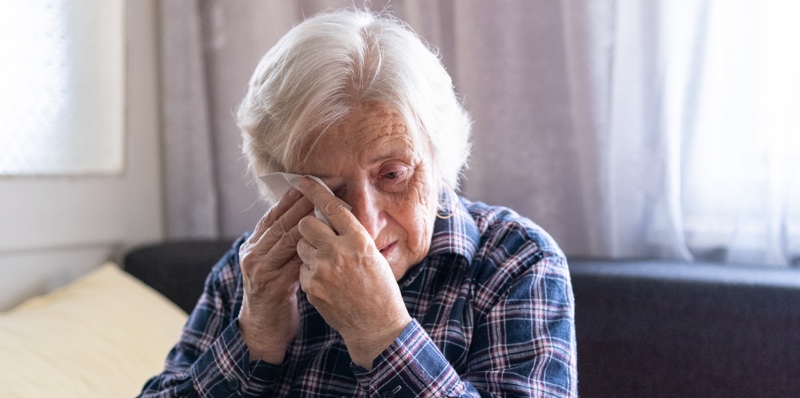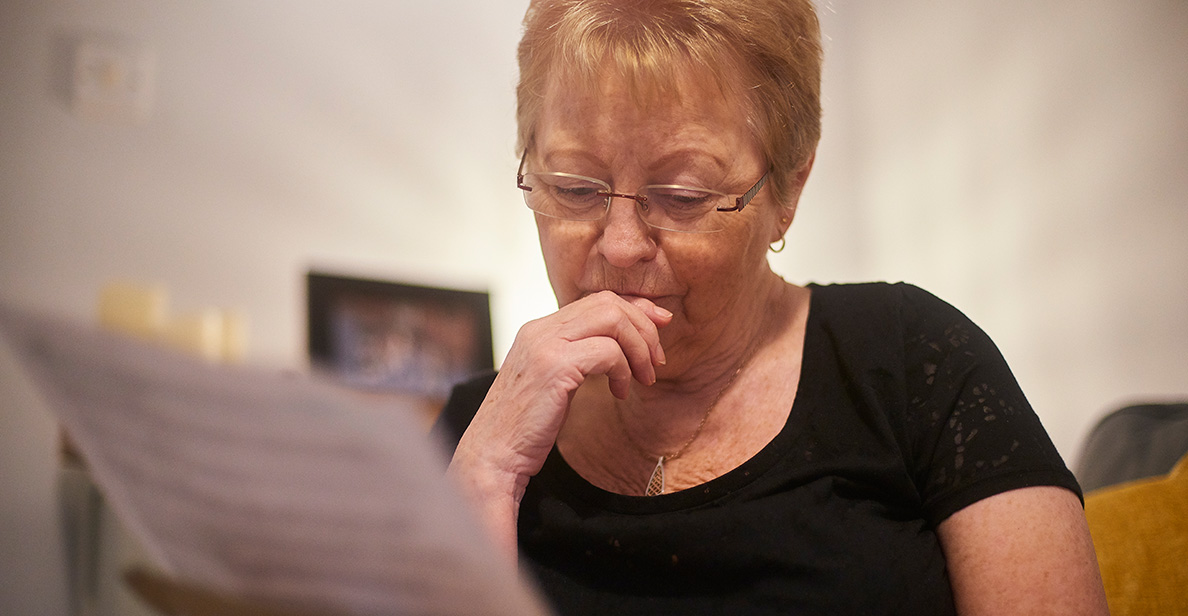If you think a vulnerable adult is being abused, neglected, or financially exploited, Texas law requires you to report it to DFPS. These reports are protected by law. If someone fails to report a suspected case, he or she may face a misdemeanor or felony charge.
If you have any doubts about whether or not something may be maltreatment, call the hotline at
1-800-252-5400.







